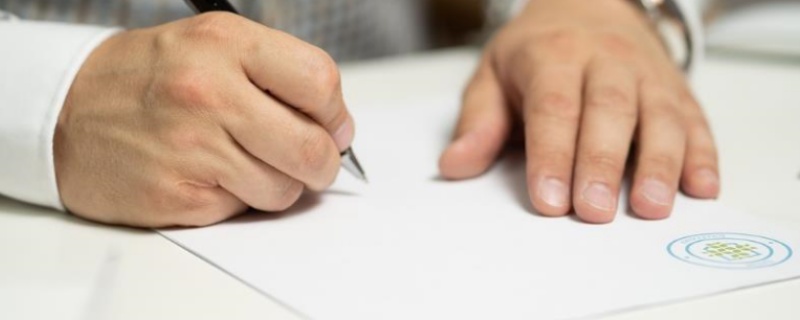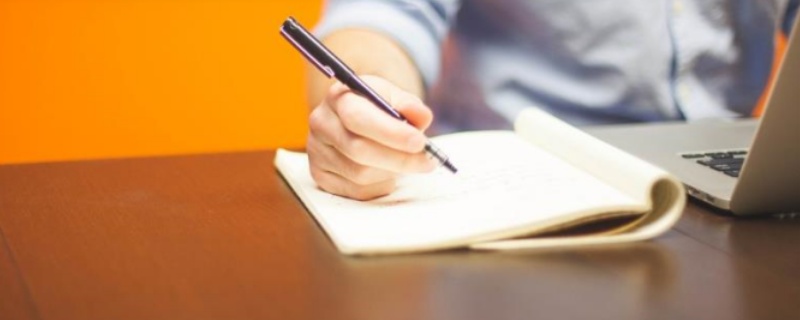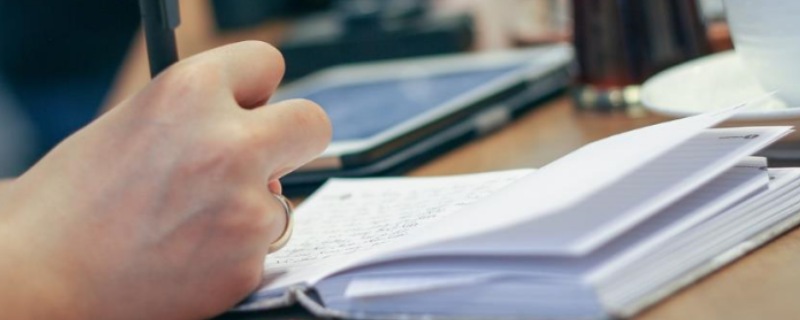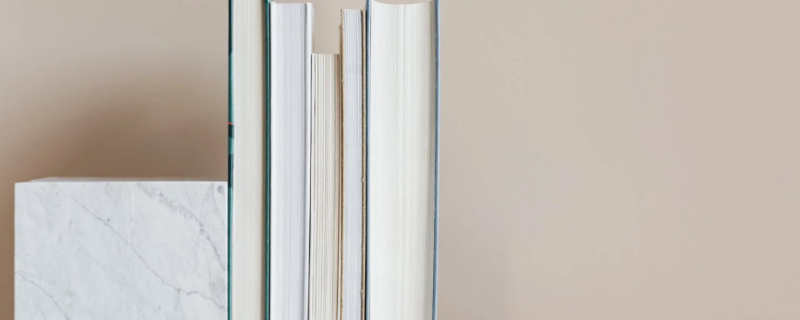形容词::clownish
副词::clownishly
名词::clownishness
过去式::clowned
过去分词::clowned
现在分词::clowning
第三人称单数::clowns
1.(马戏团的)小丑
Aclown is a performer in a circus who wears funny clothes and bright make-up, and does silly things in order to make people laugh.
clown的解释
2.扮小丑,装傻,作蠢相(逗人发笑)
If youclown, you do silly things in order to make people laugh.
e.g. Bruno clowned and won affection everywhere.
布鲁诺很会耍活宝,到哪儿都受到大家的喜爱。
3.爱开玩笑的人;诙谐的人;活宝
If you say that someone is aclown, you mean that they say funny things or do silly things to amuse people.
e.g. He was laughing, theclown of the twosome.
他在笑,二人搭档中逗人乐的那个。
4.傻瓜;蠢货
If you describe someone as aclown, you disapprove of them and have no respect for them.
e.g. I still think I could do a better job than those clowns in Washington.
我还是认为自己会比华盛顿的那些蠢货干得好。
1. 丑:随着情节的演绎,小丑(clown)是地狱杀手侵犯者(Violator)的人形化身,他一方面像再生侠那样猎杀歹徒,一方面监视着再生侠的行动. 再生侠逐渐想起一些生前的往事,记起上司杰森正是陷害他的人;艾尔潜入档案室,
2. 小丑,<<可闹>>小丑可闹腾:climax-高潮<>高潮虽然快乐可要死 |clown-小丑,<>小丑可闹腾 | reading-阅读<>阅读如意盯
那时候罗伯特总是班里的活宝。
What do those clowns in the government think they are doing?政府里的那些蠢货自以为他们在做什么呢?
Bruno clowned and won affection everywhere.布鲁诺很会耍活宝,到哪儿都受到大家的喜爱。
He was laughing, the clown of the twosome.他在笑,二人搭档中逗人乐的那个。
I still think I could do a better job than those clowns in Washington.我还是认为自己会比华盛顿的那些蠢货干得好。
I wish he would stop being such a clown.我希望他能够不再像个粗俗的小丑.
The moment the clown appeared on stage, the audience folded up.小丑一出现在舞台上, 观众们个个笑得前俯后仰.
The audience were rocking with laughter in their seats the clown jumped around on the stage.小丑在台上蹦来跳去,观众们在座位里笑得前仰后合.
Nick's born clown. Just the sight of him is enough to make you fall about laughing.尼克天生一付丑相,看他一眼就会使你忍不住大笑.
Hide behind Ur smile, all the world loves a clown.隐藏在你笑容后面, 这世界都喜欢小丑.
The clown had lipsticked circles on his cheeks.小丑在脸颊上描画出了圆圈.
His first acting experiences were performing as a clown with his parents to sell hot dogs.他的第一次演出经历就是和他的父母亲一同演小丑来卖热狗.
I'm going to be a clown in a circus when I grow up. '我打算长大后到马戏团当小丑. ”
The clown grimaced at the children.小丑向孩子们做鬼脸.
The star clown was considered a master of witty banter.那丑星被认为是个逗乐子的好手.
One performer acts as a clown while an actress sings and dances when swiveling the cart.表演形式是二人扮做男丑与彩旦转着车身手舞足蹈,一唱一答,妙语如珠.
We saw a clown and ran in the sun.我们看到了小丑,我们在阳光下奔跑.
I a King, i a clown, i was all alone.我做过国王, 我做过小丑.我没有做过那个对的人选.
The child was diverted by the antics of the clown.孩子被小丑的滑稽动作逗乐了.
The clown could change his expression from sadness to happiness in a flash.那小丑可心在一瞬间把他的表情从悲伤变成快乐.
People had crowded around a circus clown. I tried to edge in but I failed.人们紧紧地围着一个马戏团小丑, 我想挤进去,但没做到.
clown . O, thereby hangs a tail.小丑啊, 怪不得下面有个那玩艺儿.
The boy plays the clown to get attention.那男孩作出滑稽的动作以便引人注意.
The funny performances of the clown often make the audiences clap their hands and laugh aloud.小丑的滑稽表演经常令观众拍手大笑.
Each clown capped the last joke of the other.丑角的笑话一个比一个好.
After applying makeup and putting on his clown costume, Mark on the spirit of his character.在画完妆,穿上戏袍之后, 马克完全融入了他所表演的人物中.
clown : I love the smell of burning asphalt in the morning.我喜欢在清晨闻沥青燃烧的味道.



